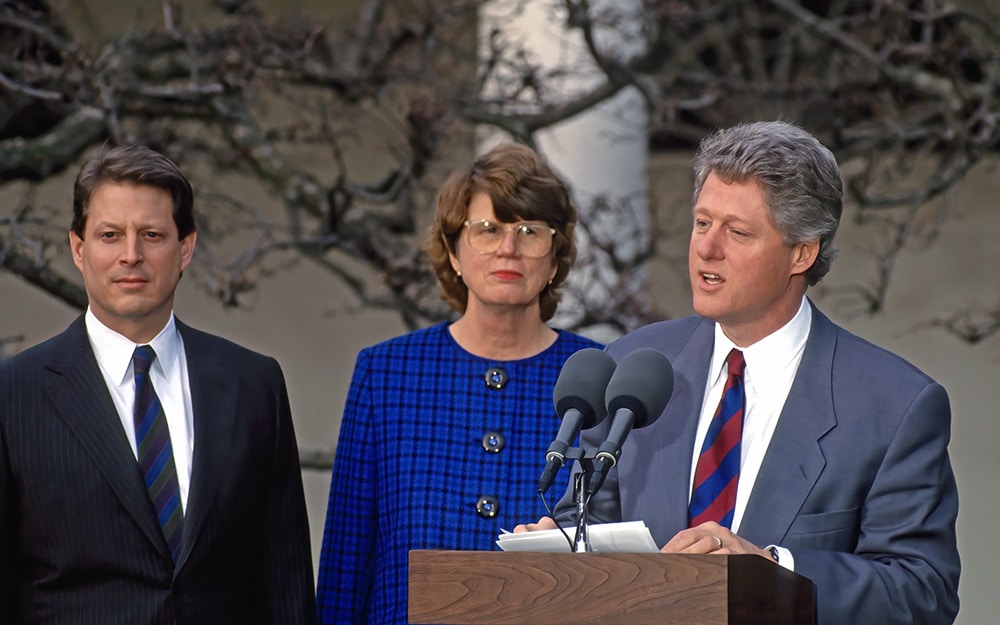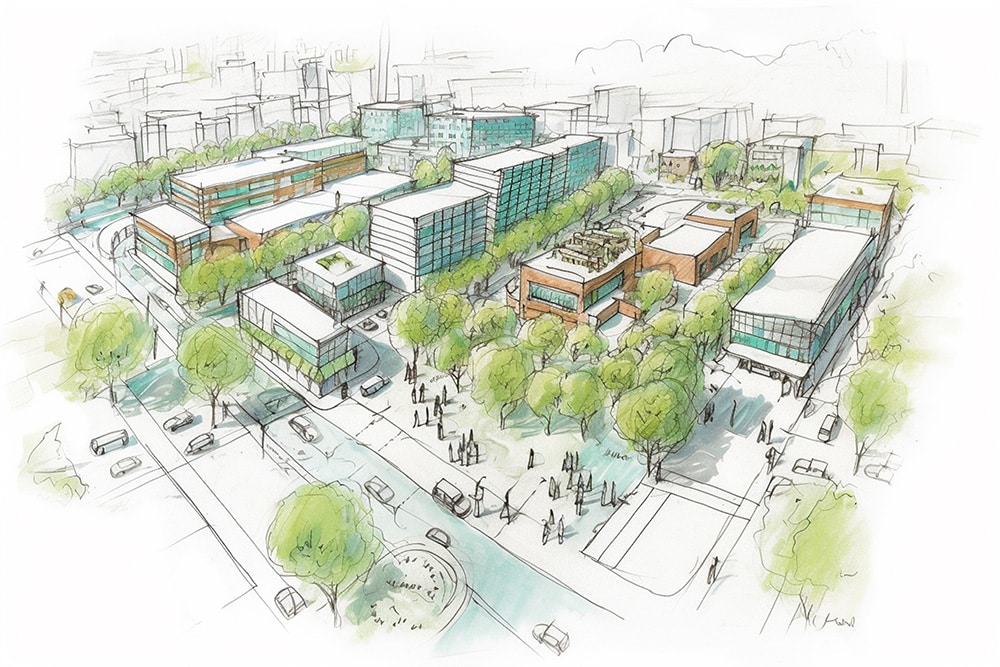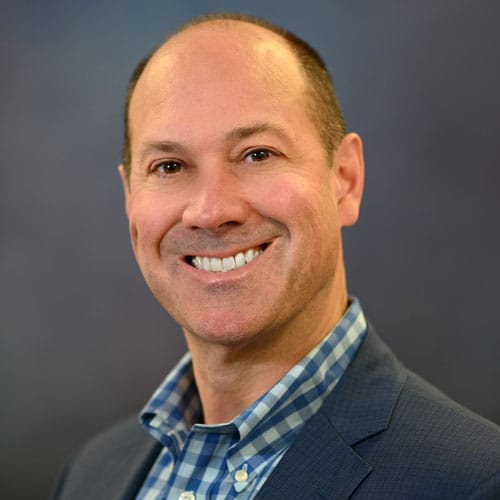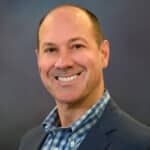Home » October 2023 » Respect for the Parking Profession
Leadership Moment
Respect for the Parking Profession
stock.adobe.com / Artofinnovation
For as long as I can remember, I wanted to be an architect. As a child I dreamed of designing beautiful skyscrapers, bustling shopping centers, and magnificent libraries and schools in sprawling cities full of light and glass. As an architecture student, I dreamed of working in a big firm, creating award winning, world renown landmarks….and now, I am a parking professional.
No one dreams of growing up to design parking garages and intermodal centers. There is no formal degree for what we do. The International Parking & Mobility Institute (IPMI) and others have put together good programs to convey the knowledge and demonstrate the skills needed for the job, but I am still waiting for an accredited university or college to pull together a program that borrows from its schools of engineering, architecture, planning, business, information technology, economics, and public policy to build a curriculum that covers everything we do.
I have been in this business now for more than 30 years, and it has been very good to me and my family. It has given me the means to positively influence the design and development of countless communities while also keeping a roof over my head, food on the table, and seeing both kids through college and into adulthood. I count myself truly fortunate to have found parking, and particularly, DESMAN, coming right out of school.
When I took on the leadership role at DESMAN almost 20 years ago, I was guided by the Mission Statement formulated by our founders, particularly the parts which said, “…internally we strive to enrich the lives of our employees and embrace personal values. We care about serving our clients, and improving the communities in which we work. Our enduring client relationships reflect our ongoing commitment to the principles of collaboration, partnership, and hard work.” I was also buoyed by the education campaign launched by the then International Parking Institute around the same time, “Parking Matters.”
What do I want this company to be?
Like many new leaders, I had to ask myself, “What do I want this company to be?” I knew we were a great company because we had always lived by the credo “take care of your people (employees and clients), and the business will take care of itself,” but I did not know if that was enough to build a future around.
I knew that we did not want to simply be “the best”. I had seen too many untalented architects working hard to sell themselves as great just by being arrogant and unapproachable and knew that only lasted until the next great thing came along. And I did not think we wanted to be “the biggest”; in my experience, pursuit of that goal ultimately required placing profits and expansion over relationships and good will, putting the business first and the people second. That was not the DESMAN way as I knew it or wanted.
In a journal I kept then, and now, I listed out the things I wanted our company to be known for. That list included:
- Stability
- Longevity
- Respect
- Reliability
- Fairness
- Practicality
- Creativity
- Value
- Professionalism
These became the points on my personal compass that have driven each decision I’ve made in the last 20 years for DESMAN, and I don’t think I would change any of them.
I might add “sustainability” because that seems to apply to so much of what we do these days: the environment, corporate culture, fiscal discipline, etc. Certainly, as an industry, we have widened our purview of responsibilities and practices, to the point of adding “mobility”. When you go to a parking industry event today you are likely to hear a speaker talk about the importance of not providing parking to promote more environmentally friendly modes of travel.
Parking Still Matters
Parking is an important component of urban mobility. Parking still matters. The first American automobile manufacturing company, Duryea Motor Wagon Company, was found in Springfield, MA in 1893. By 1923, there were more than 14 million registered automobiles in the United States. A hundred years later, we have yet to find a mode of transportation that can rival the personal vehicle in terms of convenience, comfort, and speed and there are over 292 million of them across the country.
And even as we envision a potential future where dependence on personal vehicles is decreased—by choice, necessity, or innovation—parking retains its place as a critical infrastructure component for the health and growth of communities. The greatest trends and innovations in our industry in recent years—automated guidance systems, gateless access controls, digital curb management, electric vehicle readiness—echo this by promoting better management and utilization of parking. The very practice of eliminating parking maximums in urban cores does not necessarily call for the elimination of parking per se, just a more realistic calculation of how much parking is truly needed to support growth. Even the proliferation of hybrid and remote working arrangements has not necessarily reduced the need for parking as much as it has transferred it from urban cores to gateway cities and smaller communities.
Just as the industry has evolved, so has our company. The offices we maintain are still centers for production and collaboration, but the work we do is as likely executed at a kitchen table, café, or home study as in a cubicle or corner office. If anything, the recent pandemic has made our company, and our culture, more resilient. When we gather as co-workers now it is in celebration and joy, not just duty. Face-to-face meetings with clients and partners are an occasion, not just a required task. We have seen what it is like to be forced apart and are grateful for the chances when we can be together.
For all this change, our core values and focus remain true and unchanged. For me and the other DESMAN executive officers, the priority is still taking care of our people, so that they can take care of our customers. We are still focused on attracting and retaining partners, not just new customers, with whom we can build long-term relationships. We still promote a company culture focused on balance, respect, reliability, fairness, practicality, and creativity. I still don’t want DESMAN to be the biggest, but I would be happy if we were known for the happiest employees with the most satisfied clients.
When I was young, I did not dream about designing great parking garages. But I do now. ◆
Stephen J. Rebora, R.A., is President & CEO of DESMAN, Inc.
-
This author does not have any more posts.

The Keys to Innovation
Innovation in parking and transportation
doesn’t always involve groundbreaking








